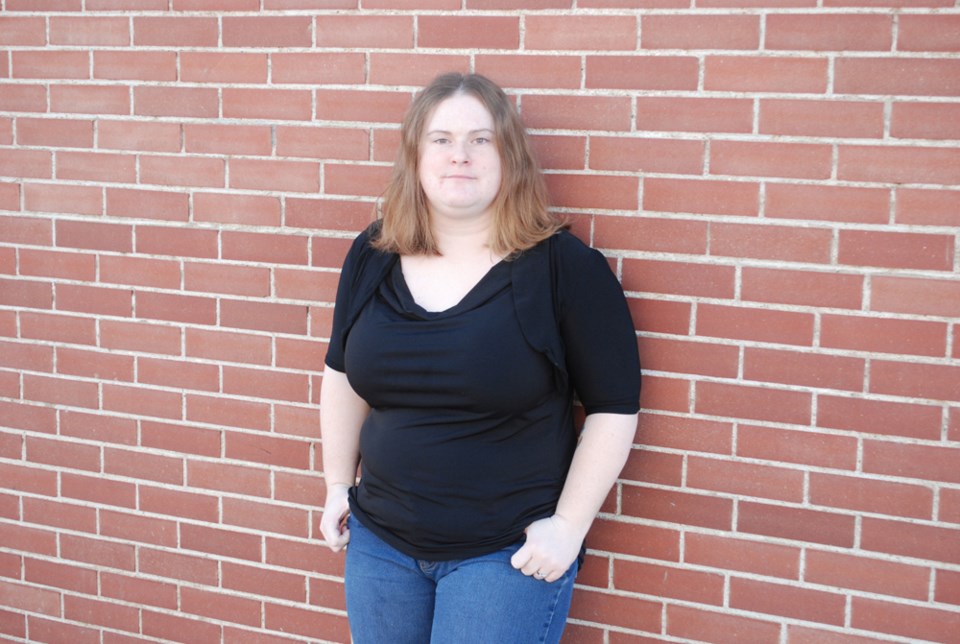It has now been 72 years since the end of World War II. The four men are Humboldt’s last living veterans of the Second World War.
In preparing the Remembrance Day special that is part of this newspaper, I had the honour of talking with four gentleman who lived through the worst thing imaginable.
War.
A quote in MASH is one of the best illustrations of this.
“War isn’t hell,” said Hawkeye, played by Alan Alda. “War is war, and hell is hell. And of the two, war is a lot worse...There are no innocent bystanders in hell. War is chock full of them – little kids, cripples, old ladies. In fact, except for some of the brass, almost everybody involved is an innocent bystander.”
This has been an emotional week for me as I went from service to service. While I have never fought in a war, I find myself tearing up at the sounds of the “Last Post” or seeing all the veterans at the different services.
I cannot even imagine what Remembrance Day is like for veterans.
They are the reason we remember.
No one can fully understand that level of horror until one actually lives through it.
With what our four WWII veterans are going through, and could still be going through – their own hell – I appreciated how they were willing to speak to me about it.
Some people who went through war experiences are unable to talk about them and, that is okay.
Each person, whether they were on the front lines or supporting the military at home, went through their own struggles, and each person decides whether they are willing to talk about it.
However, I wish more veterans would talk about their experiences.
Four is a lonely number, and we are running out of times to collect and save these stories of sacrifice and heroism, although I am sure most veterans would balk at the word “hero.”
Each man had his own story about death, destruction and how innocent people suffered during that time.
There is value in their stories. There is power in their words.
Nick Sokolan was on the front line from France to Germany and was part of the liberation of France and Holland.
He spoke of some of what he had seen. He remembers watching people stagger down the streets of Holland. They were not drunk, he says. They were starving.
Leo Saretsky talked about how his ship was sunk just off the coast of England. Three merchant ships went down along with his.
Six men died with the sinking of the HMCS Trentonian. We don’t know many died on the other ships.
Saretsky takes solace in the fact that the U-boat that sank his ship went down a short time later. How much death was there in the sinking of that submarine?
How can anyone listen to stories like that and want to be a part of it?
One of the veterans made a valid point, especially in light of current tensions: what if world leaders were forced to fight their own wars?
They were just kids, he said. What did they know about fighting and killing?
See the Nov. 8 Humboldt Journal and the Nov. 10 East Central Trader for our full stories of Nick Sokolan, Doug Leigh, Anton Melnychuk and Leo Saretsky.




